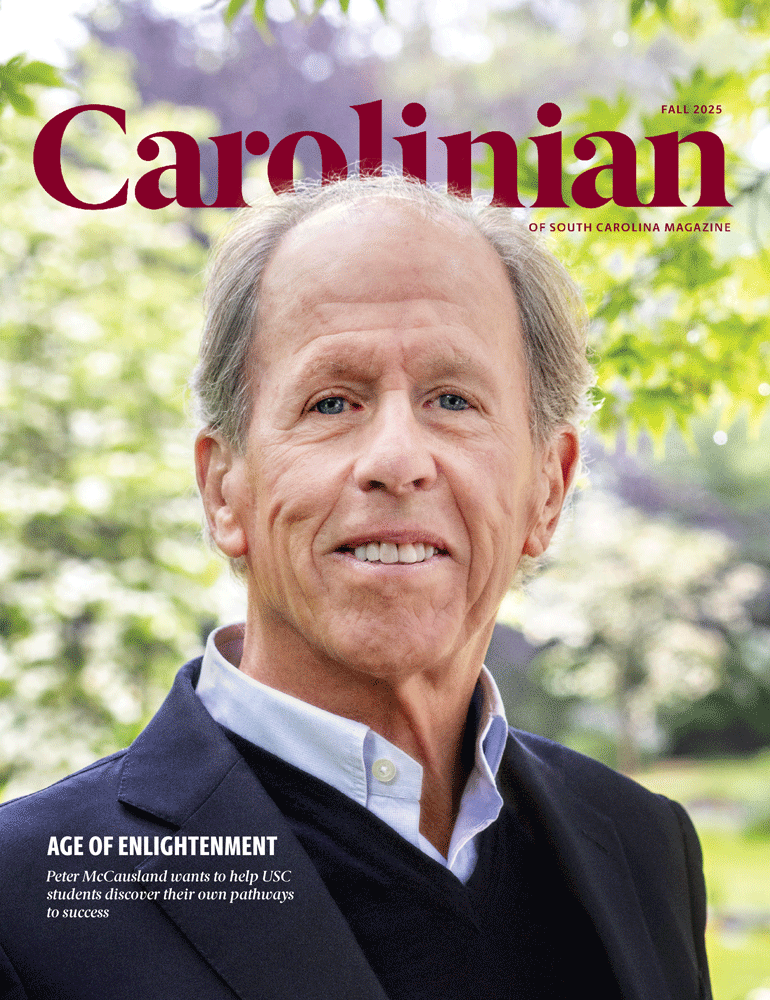A senior citizen seeks assistance with Medicaid. A single mother needs to find an affordable eye doctor for her kids. A middle-age homeless man with high blood pressure needs help locating resources to pay for his medication.
Challenges like these are not uncommon, especially among lower-income populations. That’s one reason libraries like Richland Library, in Columbia, now employ on-site social workers who can assist people trying to access health-related resources or navigate a sometimes-complicated health care landscape.
Richland Library began providing limited services in 2013 thanks to a two-year grant from the Knight Foundation to educate the community on the Affordable Care Act. USC College of Social Work alumna Lee Patterson was hired to hold public information sessions about the ACA and she stayed on after the grant expired. She is now part of a larger team that provides a range of services, from helping people fill out paperwork to connecting them with appropriate agencies.
“You don’t even have to have a library card to talk to us. You don’t have to be a resident of Richland County. You just have to have a heartbeat.”
“They’ve given me a lot of freedom to say, ‘OK, this is the need that we’re seeing right now, and this is how we think we should approach it’ and the freedom to go forth and see how we can help,” says Patterson, MSW ’12.
The San Francisco Public Library became the first library system to employ a full-time social worker in 2009. Since then, over 50 public libraries around the country have followed suit, including Richland Library, which was highlighted in an NPR piece on the emerging trend in 2022.
The media attention was warranted, but the work is ongoing — and expanding. For example, Patterson and her team want to work with the American Heart Association to provide access to blood pressure cuffs. They are also exploring options for helping homeless people with diabetes and also hope to revive the flu shot clinics they offered in the past.
The library also provides a degree of privacy. “You can walk into a library, and a person driving by would never know if you’re coming to get a book, use the bathroom or see a social worker,” Patterson explains.
That can be important, she says, when people have had negative experiences trying to access health care in the past. “There’s perception and then there’s the reality that our clients can come with,” Patterson explains. “They worry they’ll be treated differently, and we’ve had clients who have been treated differently, even when they have health insurance. We’ve watched nurses or other practitioners treat them differently.”
It’s a different story at the library, where anyone can access services without judgment and without being admitted as a patient.
“You don’t even have to have a library card to talk to us. You don’t have to be a resident of Richland County,” says Patterson. “You just have to have a heartbeat.”

